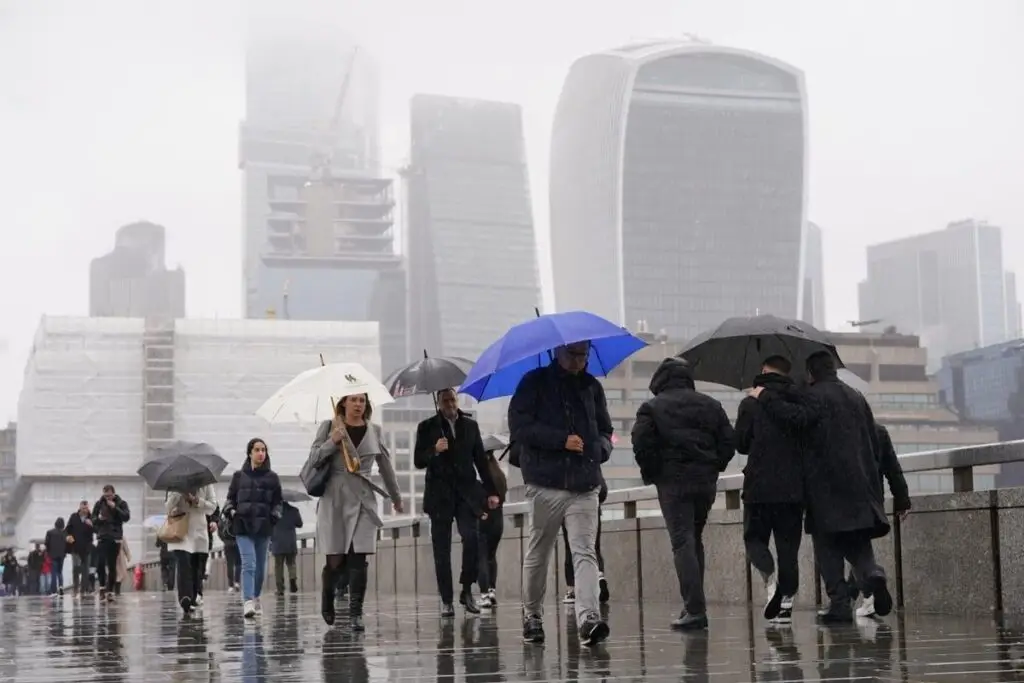April’s unprecedented rainy weather has significantly impacted the UK’s economic rebound, stalling growth and affecting various sectors.
The unexpected vibrancy observed in the UK’s economy earlier this year disappeared in April as record-breaking rainfall brought many activities to a halt. According to the Office for National Statistics (ONS), GDP growth for the month was zero. Construction experienced a 1.4% decline, while manufacturing posted a 0.9% decrease, offsetting modest gains in the services sector.
Consumer confidence has also taken a hit. DFS, a well-known furniture retailer, issued its second profit warning for the year. April’s retail sales dropped by 2.3%, following a revised 0.2% decline in March. The consumer-facing services sector showed a 0.7% reduction, making it a notable weak point within the UK’s economy.
Despite these setbacks, April’s economic dip may only be a temporary issue rather than a return to recessionary conditions. The upcoming Euro 2024 is expected to boost the hospitality sector, with lively pubs likely to see more business than backyards if the weather remains unseasonal. Additionally, wages are now outpacing inflation, which should lead to higher consumer spending as the labour market stabilises and confidence returns.
Moreover, the services sector wasn’t entirely in the doldrums. The information and communication subsection recorded growth of 2.3%, driven by a 3.2% rise in computer programming, consultancy, and related activities. Telecoms grew by 1.7%, and publishing activities saw a 4.9% increase. These are crucial areas to watch for future growth.
If the current assessments hold true and growth returns, any new government could enjoy a modest economic uptick. An interest rate cut this summer or early autumn is still possible, provided inflation doesn’t bring any nasty surprises.
April’s poor performance is seen as unfortunate timing for Prime Minister Rishi Sunak, rather than a sign of recurring economic gloom. However, longer-term issues like labour shortages, skill gaps, and insufficient investment remain challenges that any incoming government will need to address swiftly.
In summary, April’s economic stagnation appears linked to temporary wet weather conditions rather than systemic issues. While immediate challenges persist, the long-term outlook holds potential for recovery, especially with forthcoming events and improving consumer confidence.

